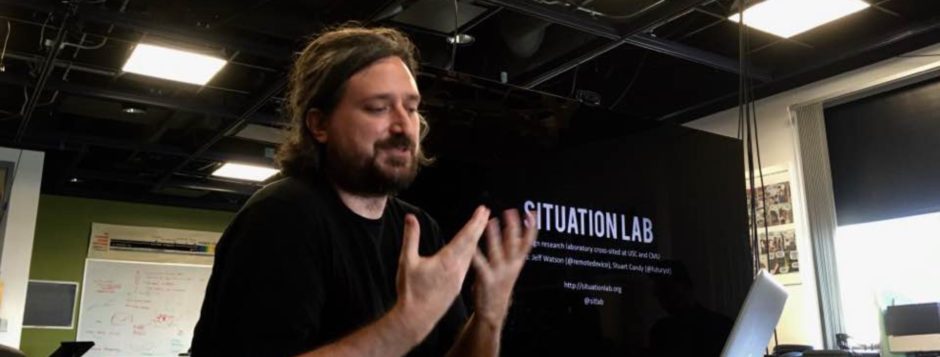I will be presenting my paper, “Alternate Reality Scholarship,” at the Eighth International Conference on New Directions in the Humanities.
The conference runs from June 29th to July 2, 2010. Watch this space or consult the the program schedule for more details as they become available.
Abstract: “Alternate Reality Scholarship: The Shadow Academy and the Future of Academic Publishing”
Scholarly publication models based on scarcity of resources and opaque peer review processes no longer make sense in the context of a massively-networked information society. Digital publication and syndication costs next to nothing, and while the importance of curatorial gatekeeper authorities is arguably greater now than ever before, the notion of intentionally restricting discourse and debate to closed cliques of reviewers seems ridiculous and counter-productive in light of the existence of vast self-assembling online communities of engaged and informed reader-contributors. Unfortunately, however, publication models that embrace and leverage social media technologies and open information ecosystems have yet to find wide acceptance within the mainstream of the academy, particularly in the humanities. Concerns about intellectual property, the quality and substance of discourse, and the refereeing of debate have brought about a “wait-and-see” attitude that threatens to preserve an inefficient and stultifying status quo. Meanwhile, outside of the traditional centers of scholarly publication, lively new forms of discussion, debate and intellectual production have blossomed on blogs, discussion threads, wikis, social networking platforms and other so-called Web 2.0 manifestations. Further, as has been amply demonstrated by canonical communal efforts such as Wikipedia and Linux, early fears about quality and accuracy have fallen by the wayside, with online crowds demonstrating a much stronger affinity towards productive order than meaningless chaos. This explosion in knowledge production outside the traditional submission/review/publication stream constitutes a kind of “Shadow Academy” whose ability to generate, iterate and disseminate ideas greatly outpaces that of the scholarly press. Drawing on examples from a variety of multimodal online knowledge communities, including social media technology development, Cornell University’s arXiv project, and alternate reality gaming subcultures such as the Cloudmakers, this paper will discuss how and why the Shadow Academy has already become the dominant force in scholarly publication, and will open a discussion about how scholars and institutions can shape the future of this crucial knowledge-making endeavor.
Abstract also available here.
